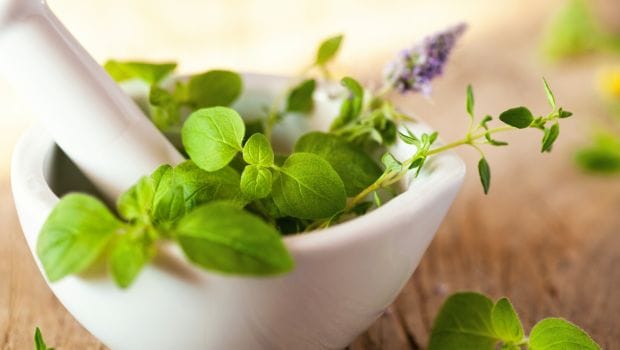Updated: March 29, 2017
With the recent report of AIIMS planning to come together with All India Institute of Ayurveda and the Central Council for Research in Ayurvedic Sciences to delve deeper into the probability of treating cancer with Ayurvedic drugs, it brings a sense of hope to many who have been turning to Ayurveda for an alternative treatment. Ayurveda, as we all know, consists of many remedies that have been successfully treating various health problems of people for centuries. While many claim that it has the power to treat cancer as well, medical experts disagree for the lack of scientific research. However, various health institutions are including Ayurveda in their treatment, along with radiotherapy and chemotherapy to reduce the side effects. A pilot study done by AIIMS also found that Ayurvedic drugs significantly reduced side effects in breast cancer patents. Ayurveda originated in India more than 5000 years ago but modern science and allopathy now believe in its principle and more and more research is being directed towards ancient herbs and natural therapies. A lot of health centers and universities are integrating Ayurveda into their programmes to combat the ever increasing load of non-communicable diseases. All medical practitioners believe that prevention is better than cure and Ayurveda provides the path to a healthy lifestyle. Ayurveda sees health as a perfect balance between mind, body and consciousness. To achieve this it promulgates a daily regimen of exercise, emotional balance and a healthy diet. This, in itself, is a great way to prevent the onset of many life style diseases. Ayurveda recommends a number of herbs for preventing cancer and there is a growing body of scientific studies that backs this ancient knowledge. Here are some common herbs which are proven to have anti-cancer properties.
1. Amla is an Ayurvedic superfood. It is one of the richest sources of Vitamin C and also contains quercetin, phyllaemblic compounds, gallic acid, tannins, flavonoids, pectin and various polyphenolic compounds, making it the king of rejuvenation. Scientific research of three decades has proven the traditional use of amla to be correct. Laboratory trials of amla extracts have shown its ability to kill and prevent growth of cancer cells while not harming the healthy cells.
2. Garlic contains sulphur, arginine, flavonoids and selenium. The bio-active compounds of garlic are formed from allicin when the bulb is chopped or crushed. The European Prospective Investigation into Cancer and Nutrition (EPIC), an ongoing multinational study across 10 countries has shown a positive co-relation between the consumption of garlic and onion and reduced risk of cancer. Studies from the US , China and France have all shown that consumption of garlic is associated with lowered risk of cancer. Garlic is a known anti-bacterial agent with the ability to stop the formation (2) and activation of cancer causing agents. The World Health Organisation recommends at least 2-5 grams or one bulb of garlic daily for adults.











